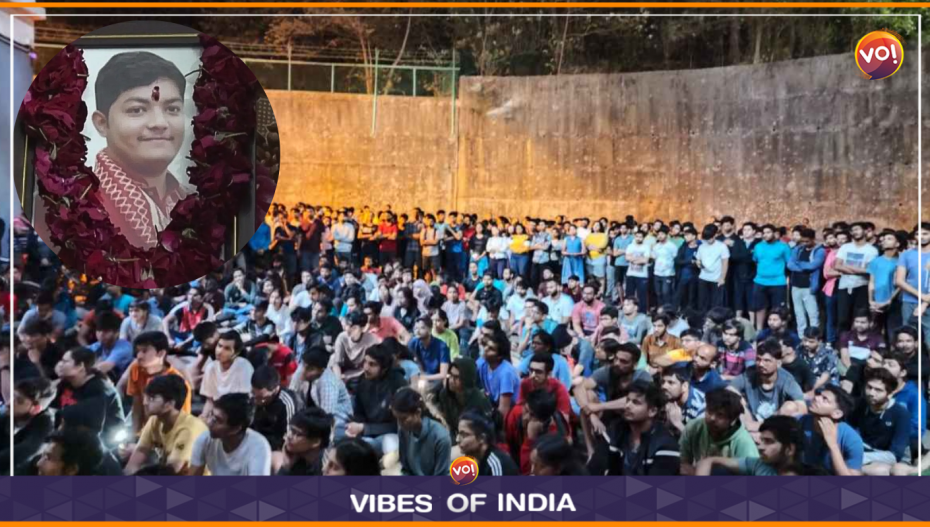India’s education fraternity faces the unfamiliar, uncomfortable questions following the alleged suicide of IIT-Bombay student Darshan Solanki, who reportedly jumped from the seventh floor of Hostel 16 where he stayed.
The institute’s 12-member investigation committee has so far ruled out foul play. It claims that his possible “deteriorating academic performance” could have driven him to take the extreme step. It added there was no “specific evidence of direct caste-based discrimination.” Darshan’s father Rameshbhai Solanki has written to the institute director rejecting the internal committee’s findings.
An investigative story by a national daily foregrounds the unsettling reality of caste discrimination on campuses. The article points to the way students from ST/SC backgrounds are at a disadvantage owing to a lack of proficiency in the English language and limited access to educational resources.
A final-year student appeared for a JEE exam in Hindi. His academic struggles were compounded since English was the medium of instruction. Consequently, he skipped his viva fearing humiliation before his batchmates.
Many students struggle to accept a decline in their academic graph after joining the IIT. They crumble under the workload of the demanding syllabus. Other factors like fear of letting their parents down only add to the stress. Feeling isolated, they make friends with general category students, the report highlighted, adding that most students find the first year the toughest phase on the campus.
The report quotes a first-year student of environmental engineering as saying that Darshan might have found such experiences daunting. “Darshan was from CE (Chemical Engineering). CE students share their hostels with CSE (Computer Science Engineering) and other sought-after branches. To be in the midst of all these students who are usually among the Top 500 JEE rank holders, especially when you are conscious of your poor scores or if you have an FR like Darshan did, can definitely be stressful,” he told the daily.
It must be said that IIT Bombay has tried to be inclusive in its policies. The institute has addressed the longstanding issue of rooms allotted based on rank. Now, one student from the general category and another from the reserved slots share a room. This is to ensure students mingle with people from diverse backgrounds. However, there’s still a possibility that those with low academic scores feel out of place in the company of bright students.
Students also shared stories about uneasy interactions with teachers who believe undergraduates from the reservation quota require remedial teaching. As if that’s not enough, they aver that reservation has lowered IIT’s standards.
The institute had formed an SC/ST Cell, set up in the wake of the 2014 death by suicide of Aniket Ambhore, a fourth-year B. Tech Dalit student. However, students insist that the system is far from healthy. One PhD candidate told the daily it did not have a designated office until last year and lacks the authority to intervene in issues about SC/ST students. The cell, the student reminds, has been silent after Darshan’s death.
Even the institute’s mentors belong to upper-class societies and lack the attributes of empathy towards students from marginalised backgrounds. Often conversations start with a joke on reservations, which sends a wrong message, the daily highlighted.
Furthermore, data from the Department of Higher Education in the recent winter session of Lok Sabha reveals that despite the Centre’s mission mode recruitment drive, only a little over 30% of vacancies for reserved positions were filled.
There is a clamour for a complete rejigging of the IIT Bombay structure. Stringent measures, the students feel, could be implemented like banning ranks on IIT campuses and having teachers who are sympathetic towards those from marginalised backgrounds.
Also Read: Alibaba Founder Jack Ma Returns To China













